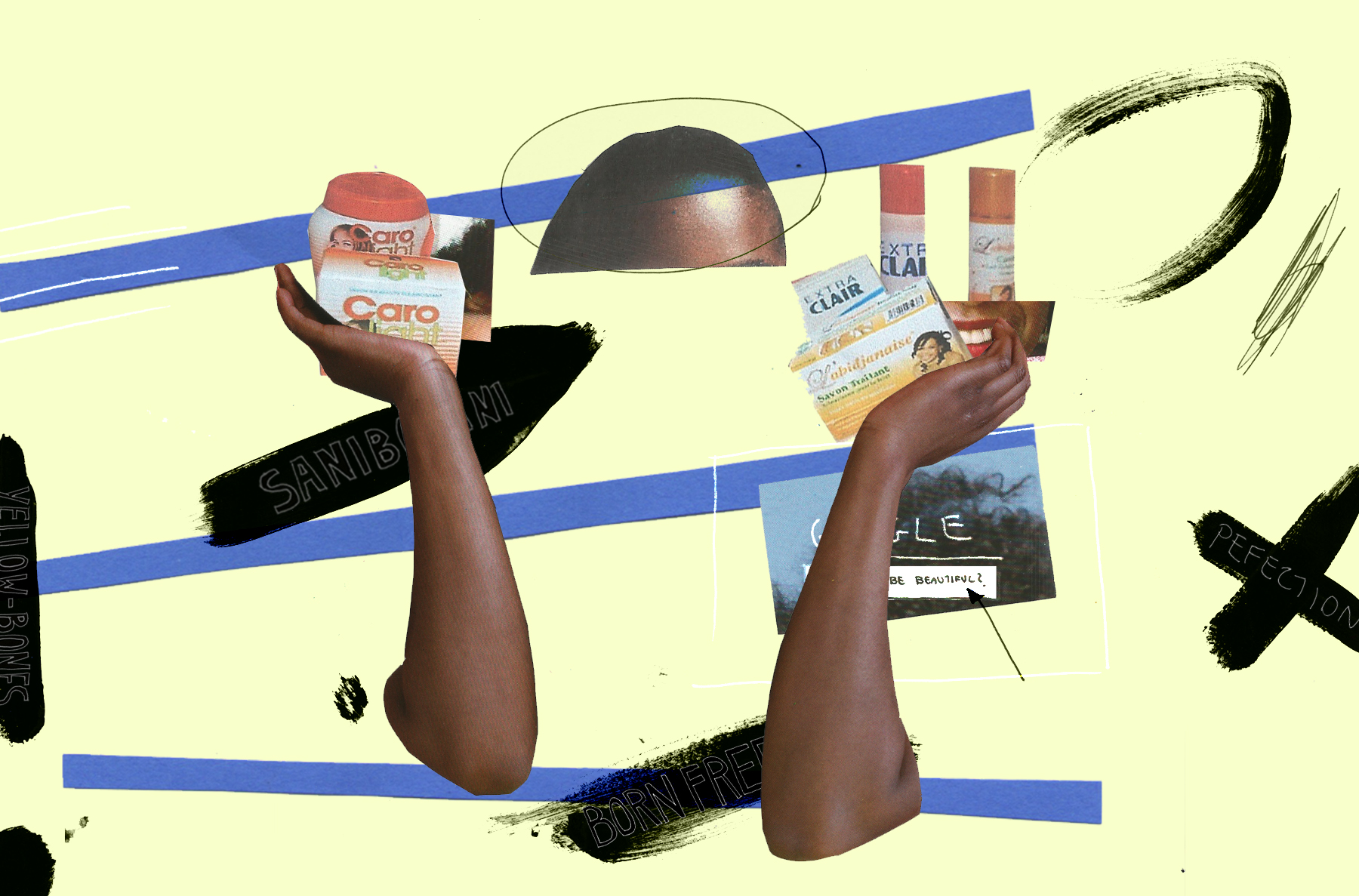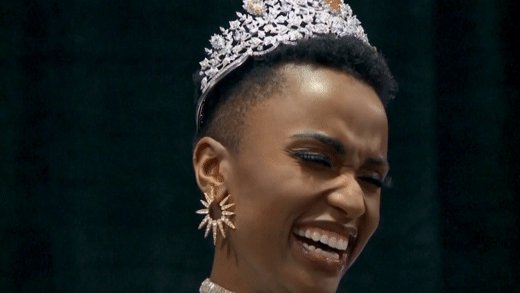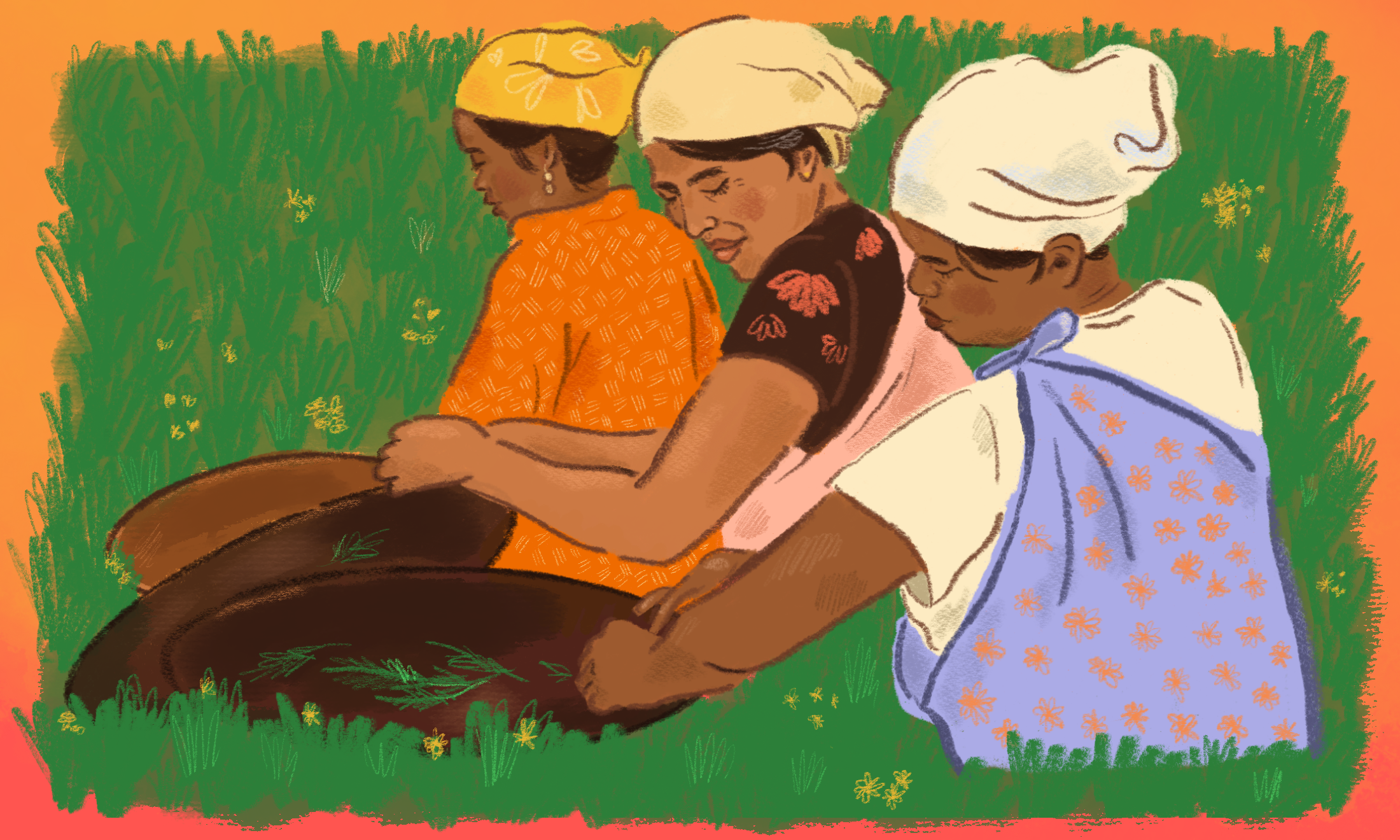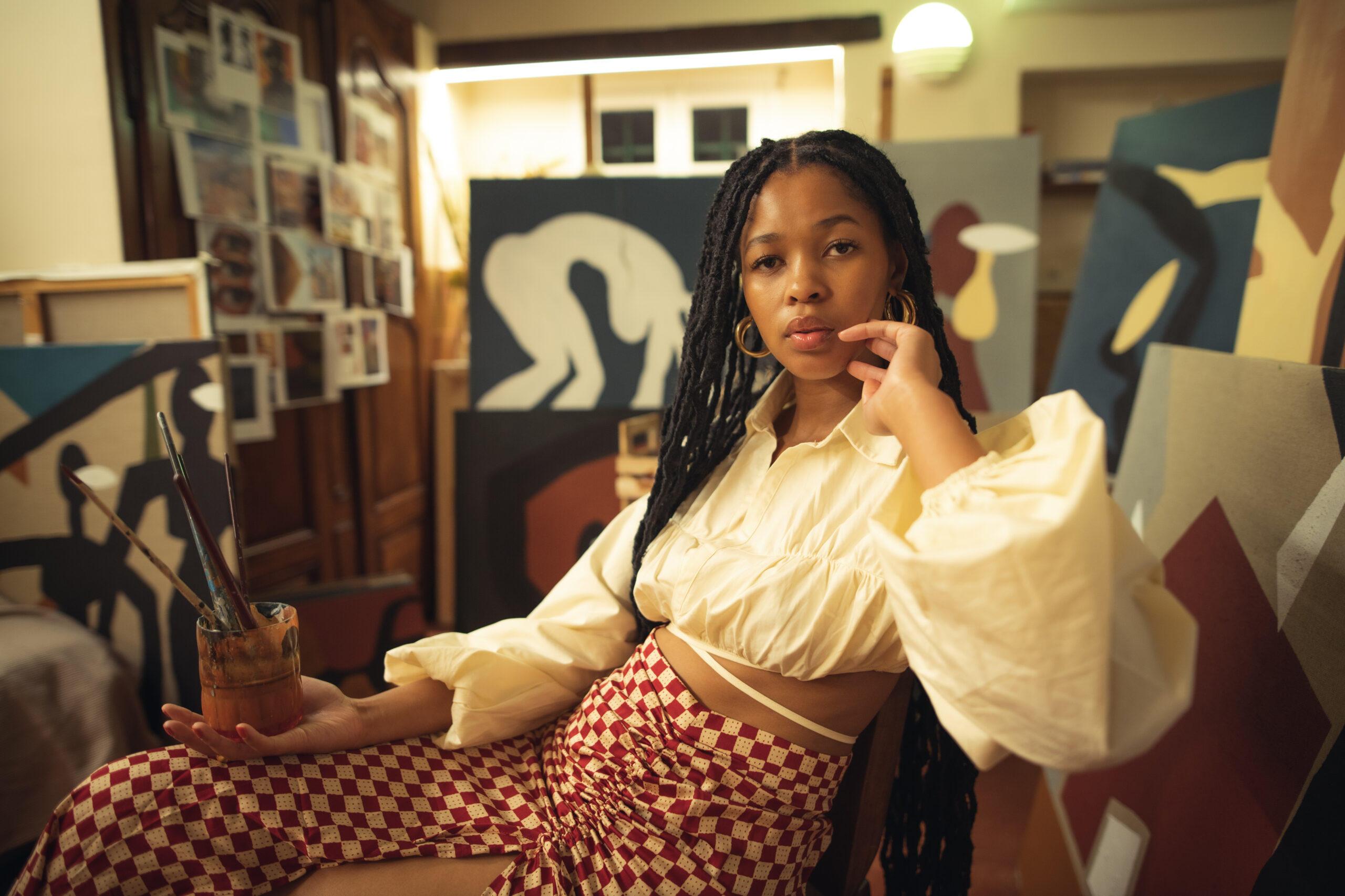
Image by Naomi Gennery
Sounds of Hugh Masekela and Miriam Makeba serenading us in the background, sounds of children giggling and screaming, elders debating about Mr Thabo Mbeki’s removal as the president of South Africa, and the smell of various foods and beers. All these perfectly cohesive actions occurred on 25 December 2008 in the former capital, Bantustan, Mafikeng – my home. I recall catching up with my uncle and expressing concern over my mathematical abilities compared to the other students in my second grade classroom. My uncle, showing very little interest in my worries, said to me: “Letlotlo, you are a ‘born-free” (A South African term describing individuals born post democratic elections in South Africa)., “You are a millennial, you are not supposed to be stressed and frustrated.”
The freedom to cast a vote, established on 27 April 1994, theoretically symbolised the disassembling of social and racial hierarchy, the breaking of oppressive chains. However, growing up as a “born-free” millennial, I always felt that the colour of my skin still disadvantaged me and placed me at the bottom of South Africa’s social hierarchy. I aimed to dilute myself in order to climb up the ladder. I constantly felt trapped in the chains of insecurity and invalidation because of my racial identity.
That same year, my father told me that he received a new position in the big city of Johannesburg. I had never imagined moving away from my comfortable bubble of security and contentment in Mafikeng, however the day I’d have to relocate soon looked me in the eye. The thought alone knotted my insides and gave me intense butterflies, but a sense of excitement for the unknown slowly crept in.
“I had never fully interacted with white individuals until I moved to Johannesburg”
In 2009, I departed from my life of calmness and tranquility in Mafikeng, and moved to the energy-filled, ticking time-bomb city called Johannesburg. A city that fulfils hunger and quenches thirst. A city filled with hope and opportunity. A city that I had never visited in my life until then.
I had never fully interacted with white individuals while living in Mafikeng, however, Johannesburg is like a racially diverse melting-pot. It’s a multilingual city, where people connect with each other using a common mother tongue. It’s the only city where the sound of a white person saying “Dumelang” or “Sanibonani” (“‘Hello”’ in Setswana and Isizulu, two of South Africa’s 11 official languages) excites and surprises you. Mafikeng was largely condensed with black individuals, so the rarity of white individuals in my community became heavily imprinted in my mind.
In many parts of Mafikeng, English was never regarded as the status quo and of high importance, but the contrast became highly evident in Johannesburg. I started primary school in Johannesburg and my best friend often reminds me that I could hardly express myself in English. The need to perfect my English grew more and more by the day.
My deep, African accent categorised me as unintelligent and disadvantaged when I spoke English. The need to speak English through my nose and sound like my nasal path was blocked became a skill I began to practise in order to fit in and conform to the ways of people in Johannesburg.
“Patriarchal societies appreciate European traits more than African traits”
The growing number of white people around me and black children who found comfort in conforming to Eurocentric standards began to rub off on me. “Your hair looks so much better when it is relaxed,” was one of the first negative remarks I had ever received about my hair, as a 10-year-old living in Johannesburg.
As I was already highly envious of the “perfect”-sounding Caucasian voices when they spoke English, I also began to become self-conscious about my hair, and grew up highly envious of “white” hair. I had always thought having thick and “unmaintainable” hair contributed to my apparently disastrous appearance. Following those comments on my hair, I decided to endure the scalp burning, scabs on my scalp, hair-plucking and hair-pulling that is caused by “relaxing” my hair.
My self-consciousness grew and Eurocentric standards amplified them. I resented every African trait I had. My skin colour started to become a major issue. At 12-years-old, there was a prominent trend of calling light-skinned South African black girls, “yellow-bones”. Dark-skinned girls were shamed and we all wanted to fit into the “yellow-bones” category.
“We fought against white supremacy for centuries in South Africa but failed to dismiss white supremacy from our minds”
This term is deeply rooted in patriarchal societies appreciating European traits more than African traits. Nothing dark was ever viewed positively. My search engine history was full of countless searches of “how to be lighter in five days”, or “how to be beautiful”. At some point, I even decided to go through a skin-lightening regime, which never worked. But the urgency to become “yellow-bone” was aggravated by advertisements or casual comments, such as being referred to as “blackie” by family members.
My uncle and his forefathers endlessly fought against white supremacy for centuries in South Africa but failed to dismiss white supremacy from our minds. Despite being considered as a “born-free”, I was still born into mental enslavement and oppression and grew up failing to recognise my worth as a black citizen in South Africa.
I was not born into a free and equal society, I was born into a society that beat me and forced me to believe that my skin colour made me imperfect. I was taught the inferiority that comes with being black from a tender age.
But despite the challenges and tribulations, I stand here fully aware that my history defines my being. Learning to love myself and not conforming to specific trends that are designed to dilute our culture has been blissful. I am able to stand boldly in front of masses wearing my 4C, tightly coiled and kinky afro and not feel any sense of embarrassment and exclusion.
I am now the epitome of self-love and it is my duty to pass down this feeling of contentment to future generations of rising black girls. It is time that we become a generation that is unshaken by the past and become a force that is motivated by the future.









